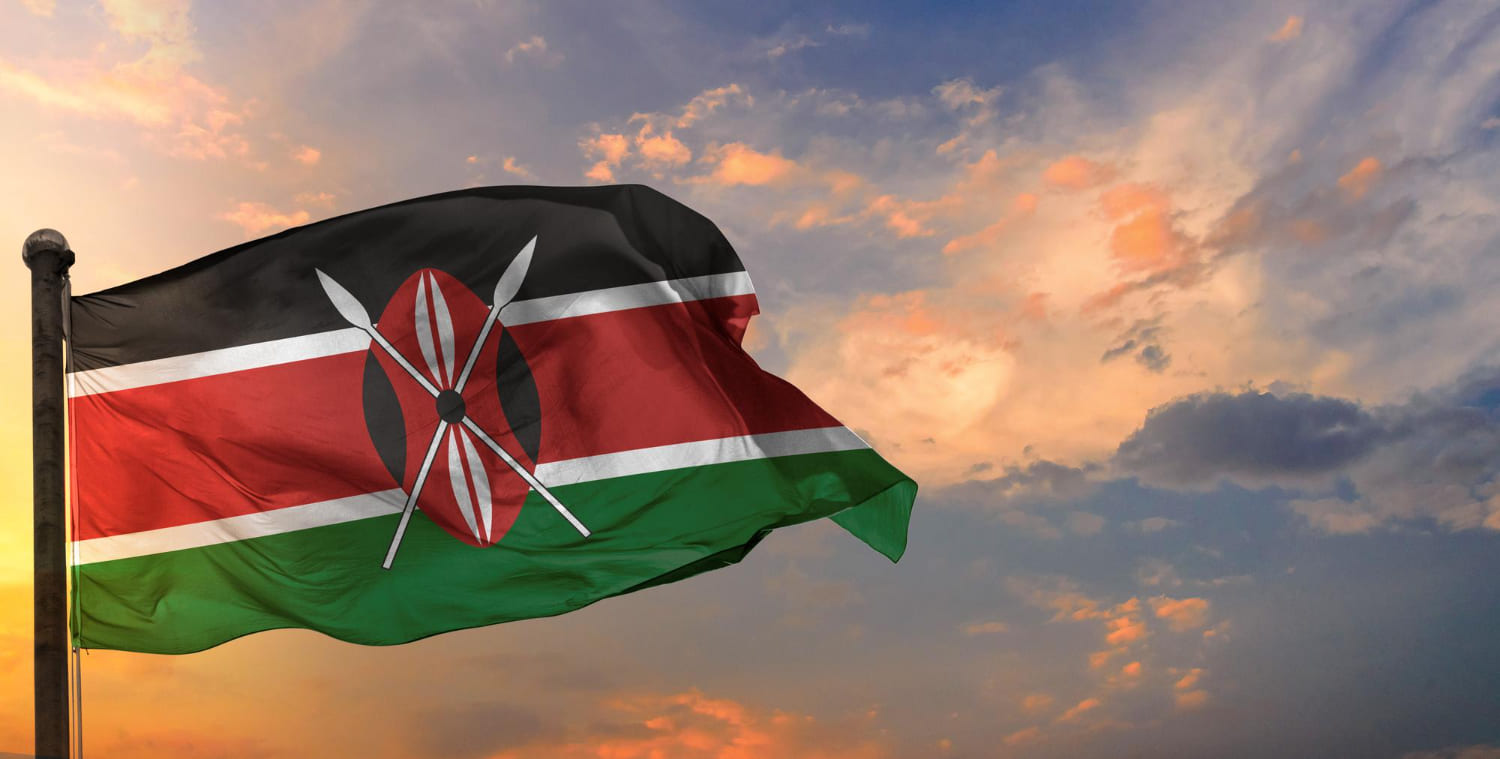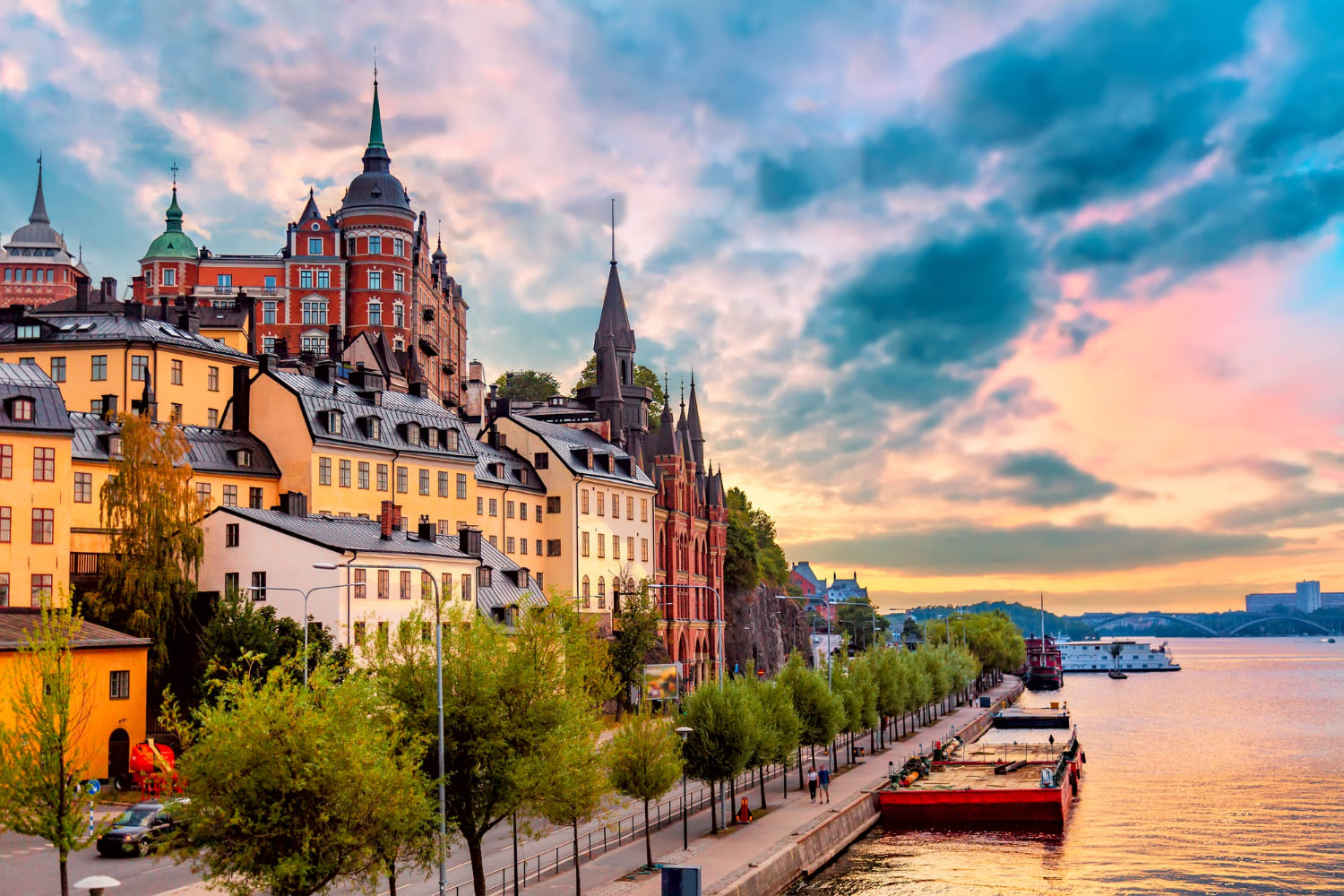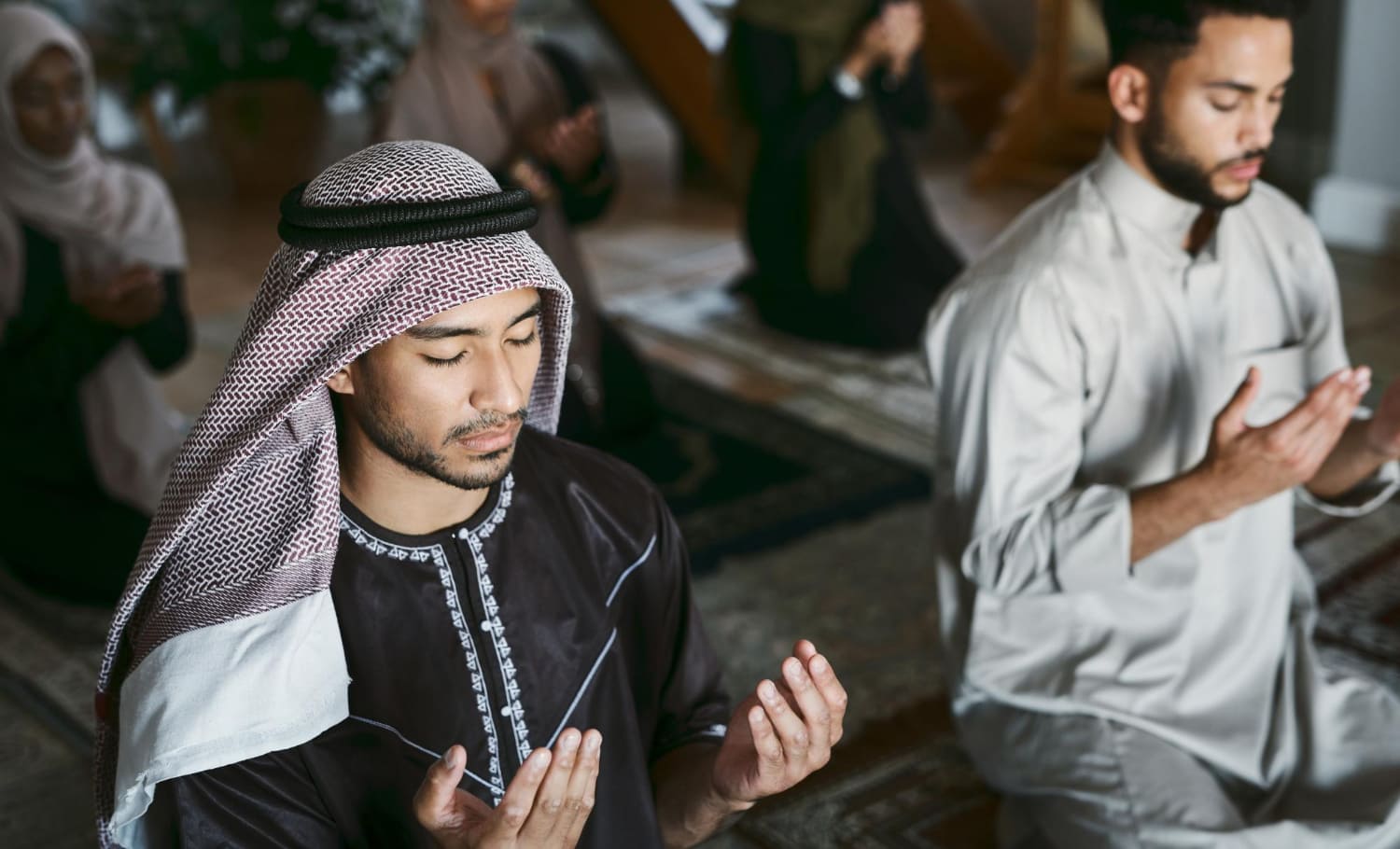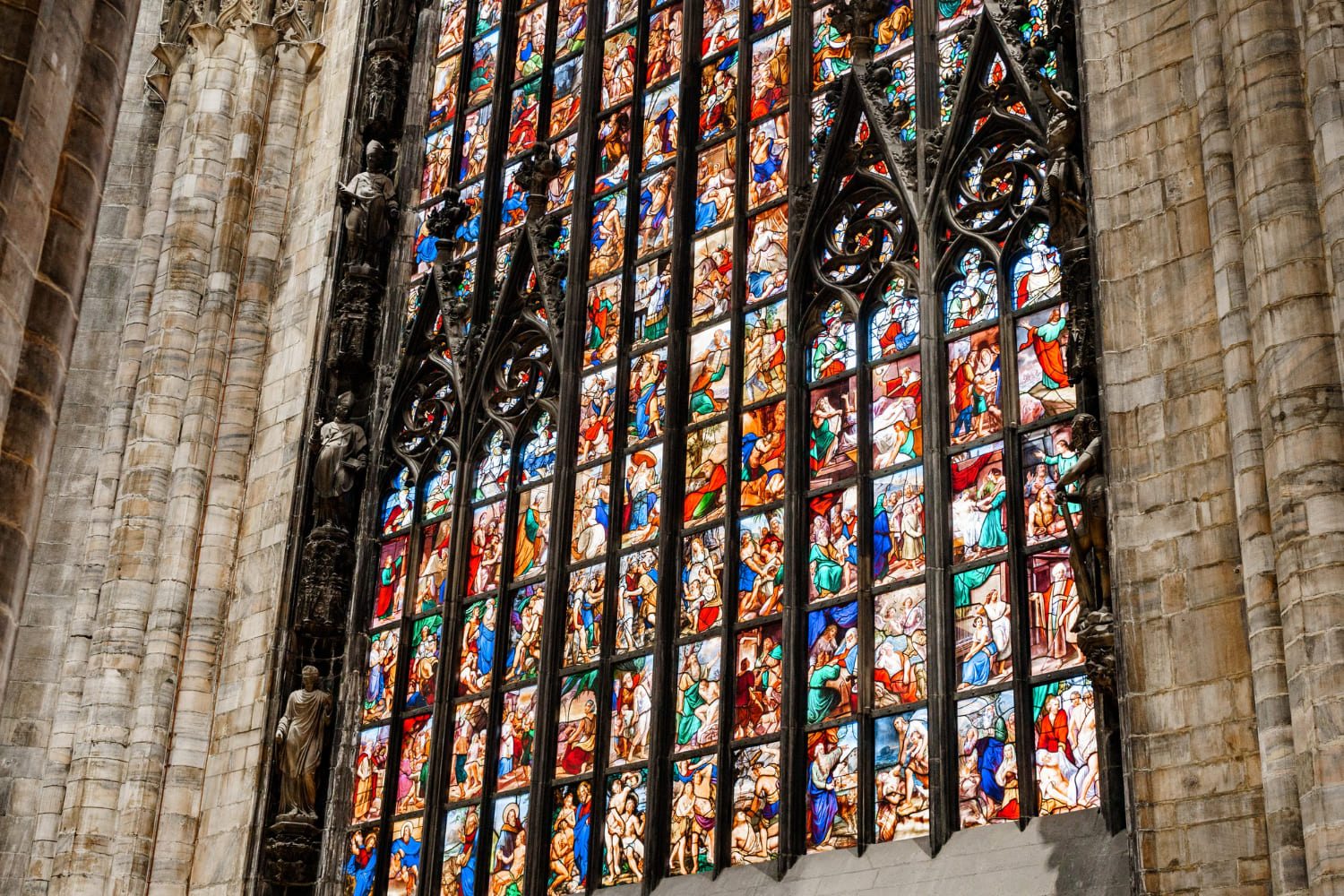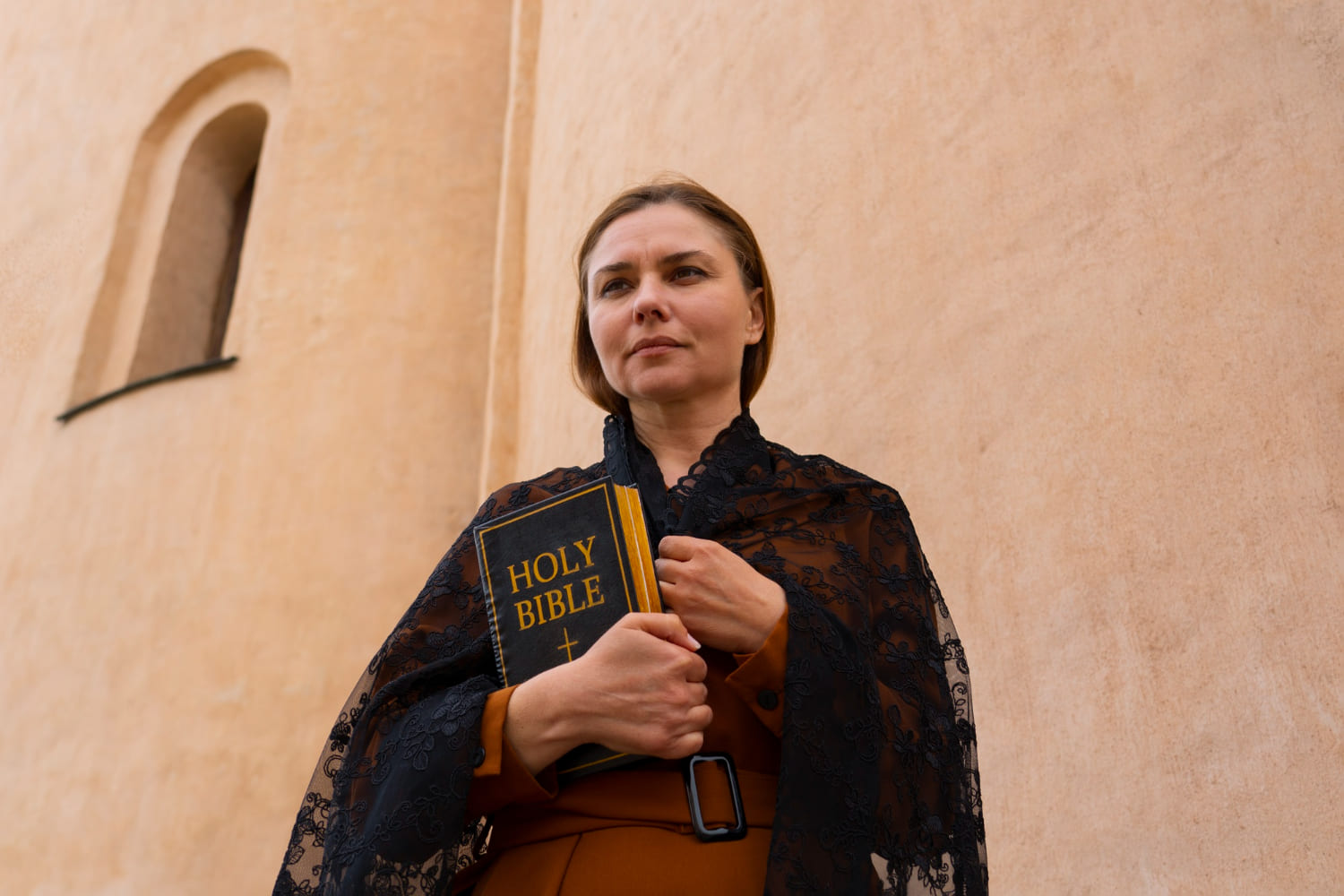Ukraine is a country located in Eastern Europe with a population of over 42 million people.
It is a country with a rich cultural heritage, and religion is an essential part of its history.
The majority of the population in Ukraine identifies as Christian, with the Eastern Orthodox Church being the most prominent denomination.

According to a 2022 survey conducted by the Kyiv International Institute of Sociology (KIIS), 85% of the population identifies as Christian.
Within the Christian population, 72% of Ukrainians identify with the Eastern Orthodox Church, while the Ukrainian Greek Catholic Church and the Roman Catholic Church make up 9% and 1% of the population, respectively.
Other religious groups in Ukraine include Protestants, Muslims, and Jews.
The religious landscape of Ukraine has been shaped by its complex history, including periods of rule by different empires and the Soviet Union.
The country’s religious diversity and history have contributed to a unique religious culture that continues to evolve.
This article will provide a full list of religions in Ukraine and statistics on their respective populations, providing insight into the religious landscape of this fascinating country.
- Historical Overview of Religions in Ukraine
- Pre-Christian Beliefs and Paganism
- Introduction of Christianity
- Religious Developments in the Modern Era
- Major Religions in Ukraine
- Orthodox Christianity
- Catholicism
- Protestantism
- Judaism
- Islam
- Religious Demographics and Statistics
- Population by Religious Affiliation
- Regional Variations in Religious Practice
- Trends and Changes in Religious Affiliation
- Religious Freedom and Legal Status
- Constitutional Rights and Protections
- Government Relations with Religious Organizations
- Notable Legal Cases and Decisions
Historical Overview of Religions in Ukraine

Pre-Christian Beliefs and Paganism
Before the introduction of Christianity, the people of Ukraine had their own set of beliefs and practices.
These beliefs were a mix of animism, shamanism, and polytheism.
They believed in a multitude of gods and goddesses, spirits, and supernatural beings. The worship of nature, ancestors, and household spirits was also common.
Paganism was the dominant religion in Ukraine until the 10th century.
Introduction of Christianity
Christianity was introduced to Ukraine in the 10th century by the Byzantine Empire. The Kievan Rus, the predecessor of modern-day Ukraine, adopted Christianity as its official religion in 988 AD.
The Eastern Orthodox Church became the dominant religion in Ukraine, and it remains so to this day.
The Ukrainian Orthodox Church is one of the largest Orthodox churches in the world.
Religious Developments in the Modern Era
In the modern era, Ukraine has experienced significant religious developments. The country has a diverse religious landscape, with Christianity being the dominant religion.
Other religions in Ukraine include Judaism, Islam, and Buddhism. Ukraine has also seen the emergence of new religious movements and cults.
The Soviet era saw the suppression of religion, and many religious buildings were destroyed or converted for other uses.
However, after the fall of the Soviet Union, there was a revival of religion in Ukraine.
Today, Ukraine is home to a vibrant religious community, with many churches, mosques, synagogues, and temples.
Overall, the historical overview of religions in Ukraine is complex and diverse.
The country has a rich religious heritage, and this heritage is reflected in the religious practices and beliefs of its people today.
Major Religions in Ukraine
Orthodox Christianity
Orthodox Christianity is the dominant religion in Ukraine, with over 70% of the population identifying as Orthodox Christians.
The Ukrainian Orthodox Church is the largest Orthodox Church in the country, with two main branches: the Ukrainian Orthodox Church (Moscow Patriarchate) and the Ukrainian Orthodox Church (Kyiv Patriarchate).
The latter was granted autocephaly in 2018 and is now known as the Orthodox Church of Ukraine.
Catholicism
Catholicism is the second largest religion in Ukraine, with approximately 10% of the population identifying as Catholics.
The majority of Catholics in Ukraine belong to the Ukrainian Greek Catholic Church, which is in communion with the Roman Catholic Church.
The Latin Church Catholics compose 1% of the population of Ukraine.
Protestantism
Protestantism is a minority religion in Ukraine, with less than 2% of the population identifying as Protestants.
The largest Protestant denominations in Ukraine are Baptists, Pentecostals, Seventh-day Adventists, and Evangelical Christians.
Judaism
Judaism is a minority religion in Ukraine, with less than 1% of the population identifying as Jews. The majority of Jews in Ukraine live in major cities such as Kyiv, Odessa, and Lviv.
Islam
Islam is a minority religion in Ukraine, with less than 1% of the population identifying as Muslims. The majority of Muslims in Ukraine are Crimean Tatars, who live primarily in Crimea.
Overall, Ukraine is a multi-religious and diverse country, with a variety of religious traditions and practices.
Religious Demographics and Statistics
Population by Religious Affiliation
Ukraine’s population is overwhelmingly Christian, with up to two-thirds identifying themselves as Orthodox.
Other Christian denominations include Ukrainian Greek Catholic, Roman Catholic, and Protestant. Muslims and Jews also make up a small percentage of the population.
Regional Variations in Religious Practice
Religious practice in Ukraine varies by region. Eastern Orthodox Christianity is the most prevalent religion in the country, with the Ukrainian Orthodox Church being the largest denomination.
However, the Eastern Rite Catholic Church is more common in Western Ukraine.
Latin Church Catholics are mostly found in the western and central regions of Ukraine, while Protestants are more common in the western regions.
Trends and Changes in Religious Affiliation
Religious affiliation in Ukraine has undergone significant changes in recent years.
The country’s pre-war population was approximately 43.5 million, with the majority identifying as Orthodox.
However, the report notes that the number of Ukrainian citizens identifying as Orthodox has decreased in recent years due to the establishment of the Orthodox Church of Ukraine, which has caused a split within the Ukrainian Orthodox Church.
In addition, the report notes that there are ongoing property disputes between religious groups and government officials, which have caused tensions between different religious communities in Ukraine.
Religious Freedom and Legal Status
Constitutional Rights and Protections
Ukraine’s constitution provides for freedom of religion and worship, including the right to practice, change, or abstain from religion.
The government may restrict this right only in the “interests of protecting public order, the health and morality of the population, or protecting the rights and freedoms of other persons”.
The constitution also prohibits religious discrimination and guarantees the separation of church and state.
Government Relations with Religious Organizations
The Ukrainian government recognizes the following religious organizations as having legal status: the Ukrainian Orthodox Church (Moscow Patriarchate), the Ukrainian Orthodox Church (Kyiv Patriarchate), the Ukrainian Autocephalous Orthodox Church, the Ukrainian Greek Catholic Church, the Roman Catholic Church, the Armenian Apostolic Church, the Evangelical Baptist Church, the Evangelical Christian Church, the Seventh-day Adventist Church, the Church of Jesus Christ of Latter-day Saints, the Jewish religious communities, and the Muslim religious communities.
The government provides financial support to religious organizations through a system of subsidies.
The level of financial support is determined by the number of registered members of the religious organization.
Notable Legal Cases and Decisions
In recent years, there have been several high-profile legal cases related to religious freedom in Ukraine.
One such case involved the Ukrainian Orthodox Church (Moscow Patriarchate) and its ownership of St. Andrew’s Church in Kyiv.
In 2018, the Ukrainian government transferred ownership of the church to the Ukrainian Orthodox Church (Kyiv Patriarchate).
This decision was challenged in court by the Ukrainian Orthodox Church (Moscow Patriarchate), but the court upheld the government’s decision.
Another notable case involved the Jehovah’s Witnesses, who were banned in Russia in 2017. In 2020, a Ukrainian court ruled that the Jehovah’s Witnesses were not an extremist organization and could continue their activities in Ukraine.
Overall, Ukraine’s constitution provides strong protections for religious freedom, and the government generally respects these rights.
However, there have been some cases where the government’s actions have been challenged in court, highlighting the ongoing need for vigilance in protecting religious freedom in Ukraine.
